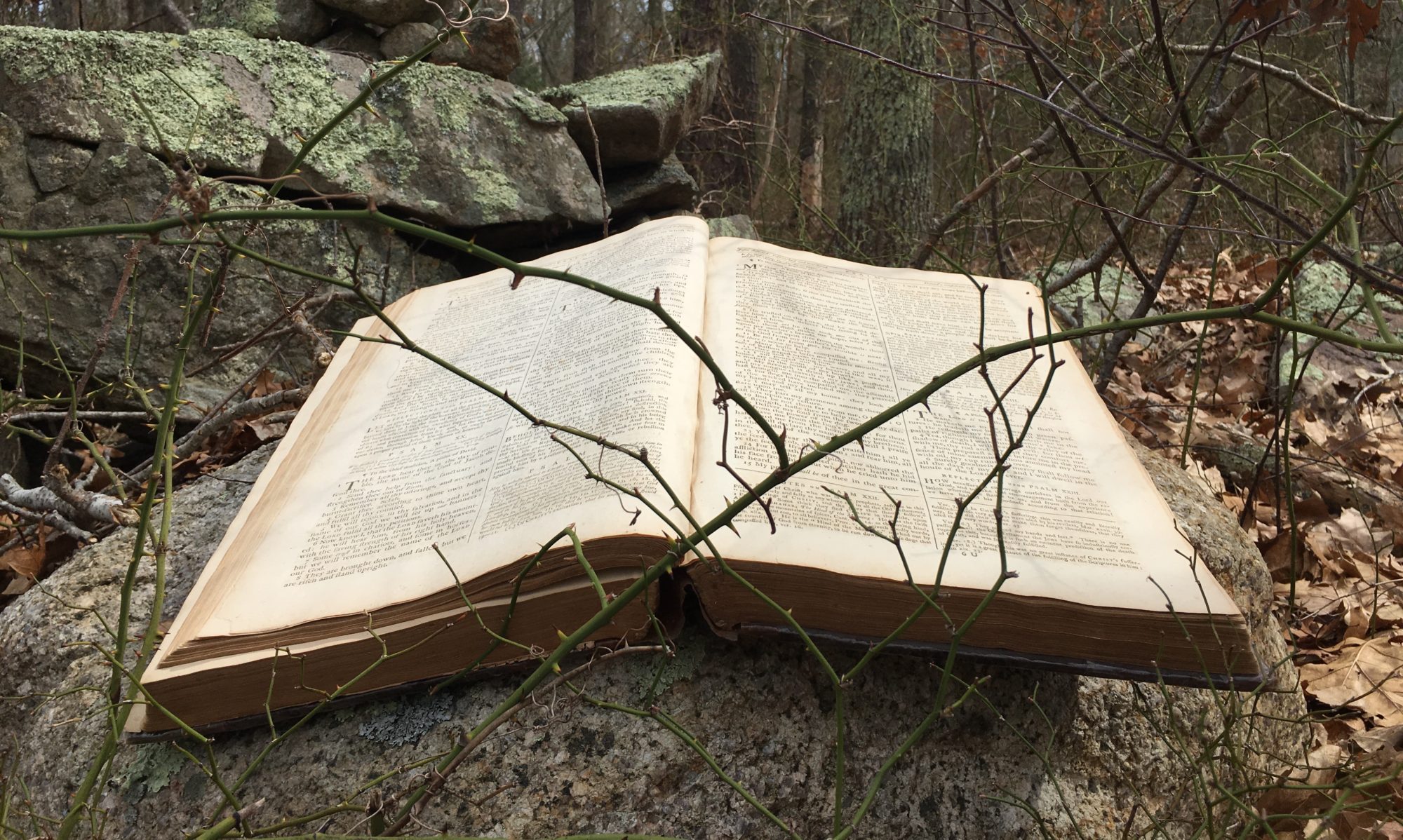I’ve long enjoyed the Private Thoughts on Religion by Thomas Adam. It is arguably the most heart-piercing and soul-humbling book in print. His words reach the depths of the soul in a way that other writers do not. In fact, I don’t know of any other book that puts words in my soul’s mouth like his. Consisting of private reflections from his notes and diaries (published after his death), it’s a window into my soul’s wrestlings to confront my own sin, to live honestly before God, to live by faith in a sense-driven body and world, and to walk holily before God in all I do. I’d like to share with you what I read today. Continue reading “Are you forgiven?”
Do you complain?
Why do we always complain when things don’t go the way we want them to or think they should? Is it because we infallibly know that something is wrong and God should fix it, or is it because we simply don’t believe that the way things fell out is the way they’re supposed to be, or is it because we simply don’t like the way things are? Continue reading “Do you complain?”
Living under God’s eye
The motto of R. C. Sproul’s Ligonier Ministries has become famous: Coram Deo. It’s a Latin phrase that means before the face of God. The idea is that we’re to live and carry ourselves as before His face or under His eye. Our lives are to be lived as those who know that He looks on. Well enough. But is this not doing one’s work by way of eye-service, which Paul condemns in Col 3.22? Continue reading “Living under God’s eye”
The Duties of Parents and Children, Col 3.20-21
This is an excerpt from the close of my sermon yesterday on Col 3.20-21. Paul says parents are not to provoke their children and children are to obey their parents in everything. I pray it blesses your own life and the life of your family. Continue reading “The Duties of Parents and Children, Col 3.20-21”
How to live in light of the truth of God
Over the last two posts I’ve explained that the Christian is a man with the saving knowledge of God and, further, that he applies that knowledge. Are you such a man as that? Here are some helps to being such a man, helps to living in the light of the knowledge of God. Continue reading “How to live in light of the truth of God”
The Christian applies the knowledge of God to his life
I made the point yesterday that the Christian is a man with the knowledge of God. But that’s not all. The truth of God is a living truth, a truth that begets life. Mere knowledge of God, even knowledge of God’s truth, isn’t an end in itself. Rather, a true and saving knowledge of God’s will is the foundation of Christian character and conduct. Continue reading “The Christian applies the knowledge of God to his life”
The missing ingredient
Who among us cannot see the difference between the ancient church and us? between the Apostles and us? or even between the Reformers and Puritans of several hundred years ago and us? It was as if a fire burned in their bosoms. Are we even aflame at all? They seemed driven by a holy passion and resolve. Are we motivated by a holy passion for God? They were as men at war with their sin and they strove for holiness as if empowered by a heavenly strength. Do not so many seem to be at home with much of their sin and content to do the minimum God requires? Continue reading “The missing ingredient”
The Moral Law and Puritan Spirituality
One of the saddest effects of Scofieldian Dispensationalism on the landscape of the American church is the almost wholesale disregard for and discarding of the Moral Law. Scofield taught a stark division between Old Testament Israel and the New Testament church, a division so great that the two were not one people or one church or under one covenant of grace, but were rather two peoples under two covenants, and two churches in two different administrations. Indeed, the New Testament church hardly needs the Old Testament, according to Scofield, since it is a book of the Jews, by the Jews, and therefore for the Jews. The New Testament church has all it needs in the New Testament revelation. Continue reading “The Moral Law and Puritan Spirituality”

